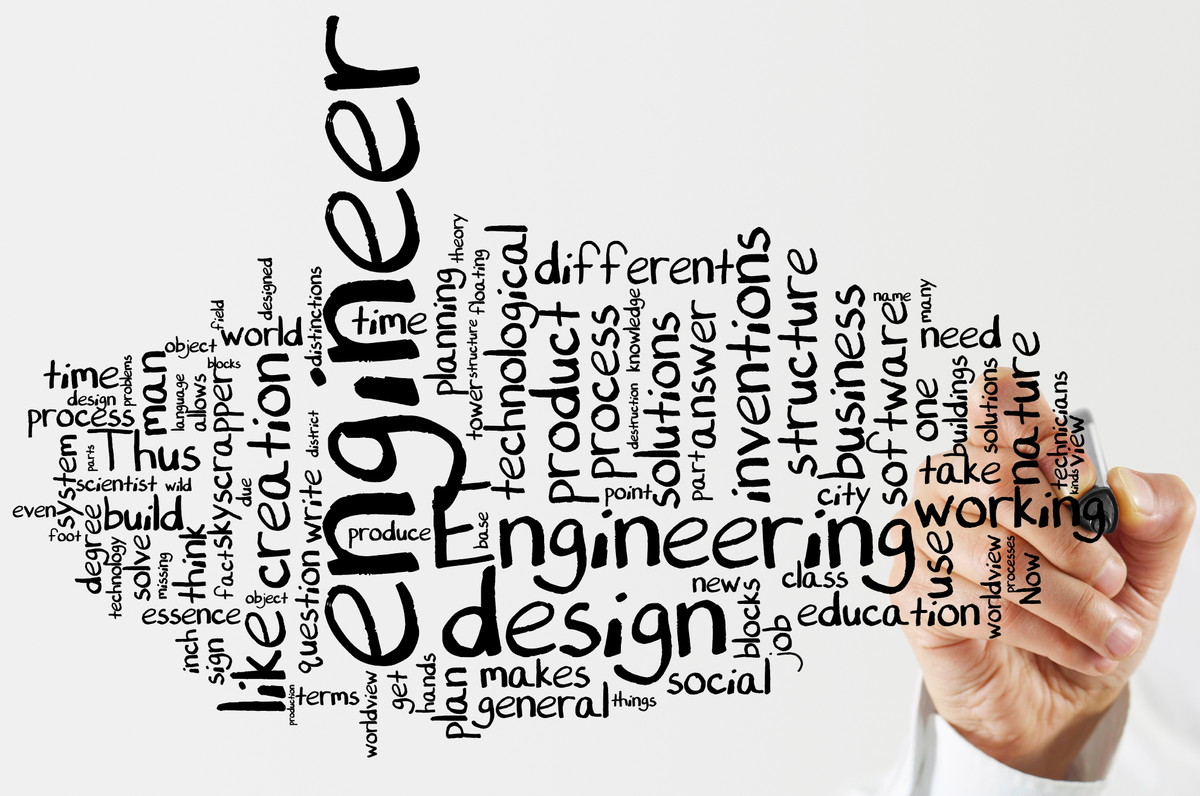In reality, engineers built infrastructure, transformed the economy, and helped Singapore address many national needs. However, attracting talent has also been more challenging for the sector. With the Smart Nation initiative in full swing, Singapore will need 1,000 new engineers only for public infrastructure projects every year. Interested in but not sure where to begin? Here are six engineering streams that you should consider before joining the engineering school to equip you with the right perspective.

1. Robotics and automation
Work processes will be automated as Singapore moves to a “smart” nation. It is expected that robotics and automation will resolve labor shortages, improve efficiency, and create better working environments.
One example of this will be the new Terminal 4 at Changi Airport, which relies heavily on automated systems. With virtually no human contact, passengers can go through check-in, immigration clearance, and boarding doors. This strategy would set human beings free, so they can focus on doing more productive work. This also improves engineers’ career opportunities, as their work would rely increasingly on programming computers to complete increasingly complex processes. If you are enthusiastic about being part of this, you should consider pursuing an electrical and electronics degree.
2. Computer and software engineering
Different Singapore government agencies have authorized public access to their data. This transparency allows tech engineers and startups to create their solutions with more government data. Bus Uncle, the ‘most Singaporean’ public transportation app, provides the bus arrival timings with a touch of Singlish and extracts data from DataMall (LTA) of the Land Transport Authority. Bus Uncle is just one example of the many innovative app solutions which improve Singaporeans’ lives in small but meaningful ways.
3. Biomedical engineering
Healthcare and technology integration is an essential field for Singapore, which confronts an aging population. As such, creative healthcare innovations are expected to take a piece of the pie from the industry. Local companies were urged to look at eldercare solutions and medical robotics to support caregivers who are overworked due to a job rush. The options are infinite, encouraging Alzheimer’s patients to take their drugs to make stroke patients exercise.
4. Chemical engineering
Energy and chemicals industries in Singapore contribute to one-third of total manufacturing production in the region. This makes it a massive engine of economic growth, with Jurong Island serving as host to some of the giant chemical plants in the country. When you discuss oil refineries and chemical plants, you might picture workers braving it out in the field under the scorching sun on Jurong Island. But, thanks to numerous technological advancements, the industry is highly automated. Plant operations are mostly managed by workers operating from air-conditioned offices, and sometimes people are sent to the sites for quality inspections, troubleshooting, and other duties.
The Market Transformation Map (ITM) unveiled last October also disclosed proposals for reforming chemical production processes by embracing revolutionary technologies. One thousand four hundred new jobs will be generated within the sector by 2025, according to projections.
